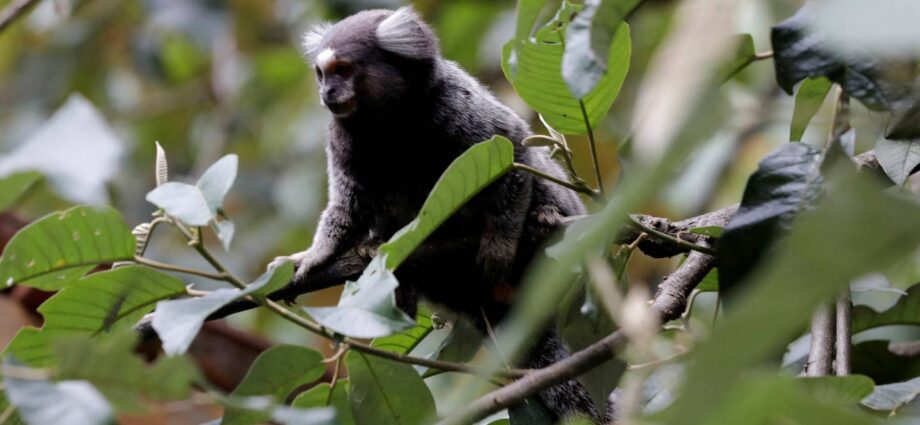The world health organization has emphasized that the monkeypox outbreak is not related to the monkey, following a number of attacks reported on primata in Brazil. “What people need to know is that the transmission that we see occurs among humans,” WHO spokesman Margaret Harris told reporters in Geneva on Tuesday. He said Primata could not be blamed for the surge of Monkeypox cases in Brazil after reports in a number of cities in physical attacks and monkey poisoning.
In a natural reserves in Rio Preto, the state of São Paulo, 10 monkeys seemed to have been poisoned or deliberately injured in less than a week, according to the G1 news site. The rescue and activist suspected that the monkey was poisoned and attacked after three cases of Monkeypox were confirmed in the area.
Globally, more than 28,100 cases and 12 deaths have been recorded, because monkeypox infections have increased since May outside Western and Central African countries where this disease has long been endemic. Until now, Brazil has registered more than 1,700 cases and one death, according to WHO data.
But Harris underlined that regardless of its name, monkeys are not the main transmitter of this disease and have nothing to do with the plague. Monkeypox received his name because this virus was first identified in a monkey stored for research in Denmark, but this disease was found in a number of animals, and most often in rodents.
While the virus can jump from animals to humans, the explosion of global cases recently is caused by transmission of close contact between humans, said Harris. “His concern must be about where he [circulating] in the human population and what humans can do to protect themselves from getting it and transmitting it,” he said. People “Of course you can’t attack any animals”.
Harris said the best way to control the virus is “if people realize that they have symptoms and get medical assistance and care and take precautions to prevent it from being transmitted”. It requires an increase in awareness among those who are the most risky.
Almost all cases so far are among men who have sex with men, and WHO has warned of their infected stigmatization. “Every stigmatization of every infected person will increase transmission, because if people are afraid to identify themselves infected, then they will not get treatment and will not take precautions,” Harris said. “So, don’t stigmatize any animal or human, because if you do it, we will have a much larger outbreak.”

